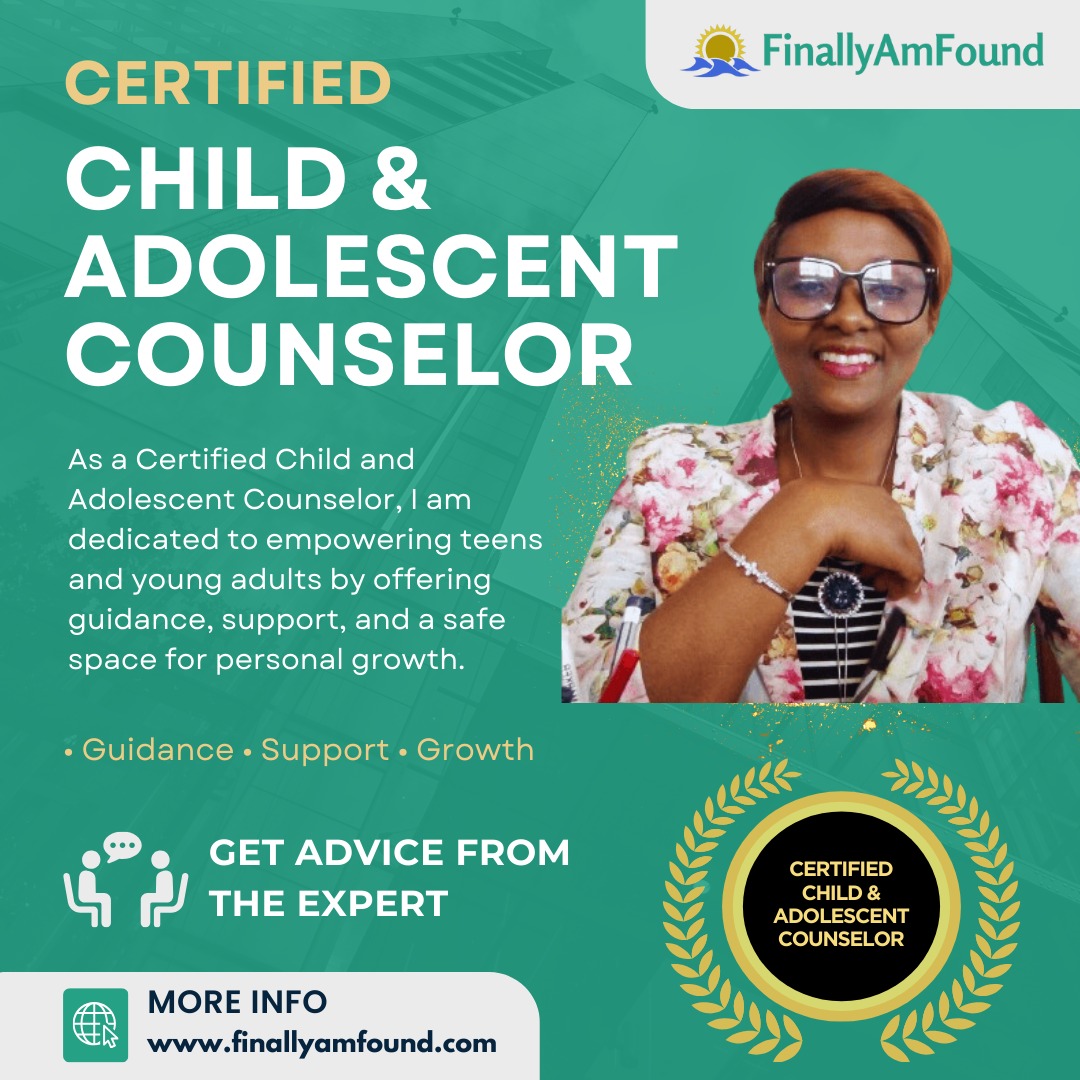Hey there, busy bees! Between school, activities, social life, and the ever-present glow of your phone screen, it’s easy to feel like you’re running on fumes. You may not feel it, but your body shouts for rest. Listen up: rest isn’t a luxury; it’s a necessity. Just like your phone needs to recharge, so does your amazing body and mind! This reenergizes you and helps you recreate and focus.
Understanding Rest
Rest refers to a state of relaxation and reduced physical and mental activity. It can involve activities like sitting, lying down, or engaging in light, low-intensity tasks. The body and mind are not fully inactive, but they are in a state of reduced effort and energy expenditure. Rest can help reduce fatigue and stress, aiding focus, but it does not provide the same restorative benefits as sleep. However, it is beneficial to incorporate rest into your daily routine.
The Essence of Rest
Rest is essential for both the body and the mind. It involves intentionally nourishing your soul to fuel growth and resilience. This can mean shifting your focus from external distractions to internal awareness. Picture taking a step back from the noise of the world and tuning in to your inner self. This shift allows you to recharge, gain clarity, and connect with your true desires.
Simple Acts of Rest
Rest can be as simple as lying down or taking a break from work. It’s about taking a moment to breathe in the sweet scent of blossoming flowers, watching the gentle sway of leaves in the wind, and listening to the cheerful chirping of birds. Imagine lying down and watching clouds chase each other. While you rest, you may feel the warmth of the sun on your skin and the coolness of the grass beneath you, or lying on a beach and listening to the waves and the breeze that touches your soul. It’s a moment to let your mind wander freely, to daydream, and let your thoughts float away like clouds in the sky.
Rest: A Mental and Emotional Necessity
Resting is not just a physical necessity but a mental and emotional one as well. Take the time to rest, recharge, and rejuvenate your body, mind, and soul. Remember, rest is not a sign of weakness or laziness; it is a sign of wisdom and self-care. It is also an investment for your future self. Give yourself permission to pause, breathe, and take a step back from the chaos of daily life. Embrace the power of rest and observe how it transforms your energy, creativity, and overall well-being. Prioritize your rest just like you prioritize your to-do list. Your future self will thank you for it. So go ahead, take that well-deserved break, and make time to recharge, revitalize, and flourish.
Does a Teen Need to Rest and Why
As a teenager, it is vital for overall well-being and mental health to find time to rest and relax. Balancing school, extracurricular activities, social commitments, and the influence of the modern internet can make it challenging to unwind. Rest is essential, yet many teens fail to prioritize it. Despite this, they value other things. Even when they are resting, their bodies and brains are still working hard to function.
Simple Rest Practices for Teens
You can try this simple task:
- Take Regular Breaks: Take short 5-10 minute breaks between study sessions or classes to rest your mind. This could involve taking a walk, doing some light stretching, or simply sitting quietly.
- Practice Relaxation Techniques: Simple relaxation methods like deep breathing, meditation, or progressive muscle relaxation can help manage stress and recharge during the day.
- Prioritize Downtime: Have some unstructured time in your schedules to engage in activities you find restful, such as reading, listening to music, or spending time with like-minded friends.
- Incorporate Movement: Light physical activity like yoga, walking, or gentle stretching can help teens feel more rested and rejuvenated.
- Practice Mindfulness: Engage in mindfulness activities such as meditation, deep breathing, or yoga to reduce stress and promote relaxation.
- Pursue Hobbies: Spend time on activities you enjoy, whether it’s playing a musical instrument, painting, or reading. Hobbies can provide a sense of fulfillment and help in reducing stress and give a form of rest.
- Naps: Short afternoon naps can be beneficial for tired teens. Find a comfortable and quiet space to lie down. Set an alarm to make sure the nap doesn’t last too long. Ideally, the nap should last around 20-30 minutes to avoid feeling groggy upon waking.
- Limit Screen Time: Take breaks from electronic devices. Limiting screen time and taking breaks from phones, computers, and other electronic devices can help reduce eye strain, prevent mental fatigue, and promote better sleep.
- Establish Boundaries: Learn to say no to overcommitting yourself. Balance academic, social, and personal time to avoid feeling overwhelmed. Remain respectful to your friends and significant others.
Let’s imagine a scenario where a student has been asked to join multiple clubs, tutor other students, and take on extra assignments all at the same time. The student needs to establish boundaries by learning to say NO. They can start by expressing their gratitude for the offer and then politely decline by explaining their current commitments and the need to maintain a healthy balance in their life. They need to be honest and clear about overcommitting to maintain a healthy balance of academic, social, and personal life, and to create time for rest without feeling overwhelmed or guilty. This helps the student to remain respectful and obedient to their own needs while also fulfilling their responsibilities.
Remember, it’s okay to take a break and focus on self-care. By incorporating these practices into your routine, you can effectively rest and recharge, leading to a healthier and more balanced lifestyle.
Why Rest Matters So Much
Think of rest as the magic ingredient in your life potion. It fuels your brainpower, strengthens your immune system, boosts your mood, and helps you perform at your best. Here’s the science:
- Brainpower Boost: Rest allows your brain to process information, consolidate memories, and fire on all cylinders when you’re awake. Think of it as defragging your mental hard drive!
- Stress Slayer: Rest helps your body regulate stress hormones, keeping you feeling calm and collected.
- Immunity Ally: When you’re well-rested, your body produces more infection-fighting cells, keeping you healthy and ready to tackle the day.
- Mood Magic: Rest is linked to improved mood and reduced anxiety. Feeling grumpy? Maybe you just need some shut-eye!
Restful Habits
Here are some other ways to rest and recharge your batteries:
- Digital Detox: Take breaks from your phone and social media. Give your brain a chance to breathe and avoid the comparison trap.
- Mindful Moments: Meditation, deep breathing, or simply focusing on your senses can calm your mind and ease stress.
- Move Your Body: Exercise is a fantastic stress reliever and mood booster. Find an activity you enjoy, whether it’s dancing, swimming, or a brisk walk outdoors.
- Unplug and Recharge: Schedule downtime for activities you truly enjoy, whether it’s reading, spending time with loved ones, or pursuing a hobby.
- Listen to Your Body: Learn to recognize your body’s signals for tiredness and give it what it needs before it starts to shut down (by finding yourself in hospital).
Remember, prioritizing rest isn’t lazy, it’s smart! When you’re well-rested, you’ll be more productive, have a better outlook on life, and be the awesome person you are. So ditch the guilt, embrace rest, and conquer the world, one recharged step at a time!
Rest Does Not Substitute for Sleep
Sleep is a natural, recurring state of altered consciousness characterized by reduced or suspended sensory and motor activity. During sleep, the body and brain go through distinct stages and cycles that are essential for physical and mental restoration. Sleep allows the body to repair and regenerate tissues, consolidate memories, and regulate hormones and other physiological processes. Quality sleep is crucial for overall health, cognitive function, and daytime performance including academic and general productivity.
Get Enough Sleep
Ensure you get the recommended 8-10 hours of sleep per night. Good sleep hygiene is essential for physical and mental restoration. Prioritize sleep by aiming for 8-10 hours each night to feel refreshed and alert during the day. During adolescence, teens experience significant physical and cognitive changes. As a result, their sleep patterns shift due to a natural change in circadian rhythm. Teens can stay awake until 3 AM or toss in bed for half of their sleeping time, which is not healthy.
Why Sleep Is Essential for Teens
- Brain Development: Teens undergo a second stage of cognitive maturation. Adequate sleep supports their developing brains, enhancing memory, attention span, and emotional regulation.
- Physical Growth: Sleep plays a role in physical growth spurts during adolescence. It helps repair tissues, build muscles, and maintain overall health.
- Preventing Serious Consequences: Lack of sleep can lead to serious consequences such as depression, drug use, and impaired decision-making.
Teens are encouraged to start their day in sunlight if possible, which helps regulate their biological clock. Starting the day in sunlight can help regulate the biological clock, also known as the circadian rhythm, for teens. This exposure to natural light in the morning can help signal to the body that it’s time to wake up and be active. This can be especially important for teens, as their sleep-wake cycles can often be influenced by school schedules and extracurricular activities. The sunlight exposure in the morning can support a healthy sleep-wake pattern, which is essential for overall well-being and proper functioning throughout the day. Draw those curtains away!
Tips for Better Sleep
- Limit Screen Time: Excessive screen time before bed can interfere with quality sleep. Set boundaries on your device use, especially in the evenings. Excessive screen time before bed can interfere with the quality of sleep due to the blue light emitted by screens, which can disrupt the body’s natural circadian rhythm. Setting boundaries on device use, especially in the evenings, can help improve sleep quality by allowing the body to relax and prepare for sleep without the interference of electronic devices.
- Maintain a Consistent Sleep Schedule: Establish a bedtime routine. Set a regular bedtime and wake-up time, even on weekends, to help regulate your body’s internal clock and have productive sleep.
- Create a Relaxing Bedtime Routine: Set a specific time to start winding down, such as an hour or so before bedtime. Take a warm bath or shower to relax the muscles. Engage in a calming activity like reading a book, listening to soothing music, or practising gentle yoga stretches. Practice deep breathing or meditation exercises to clear the mind and reduce stress. Dim the lights and create a peaceful sleep environment. Avoid screens and electronic devices at least 30 minutes before bedtime to promote better sleep.
- Limit Caffeine: Caffeine is a stimulant that blocks adenosine, a chemical that makes you feel sleepy. This can delay sleep onset (falling asleep) and make it harder to stay asleep throughout the night. Teens need a good amount of deep sleep for growth and development, and caffeine can reduce that crucial stage. Even if you fall asleep after consuming caffeine, the sleep you get might be lighter and less restorative. This leaves you feeling tired and sluggish the next day. Caffeine can stay in the body for up to 6 hours or so, even afternoon caffeine can interfere with nighttime sleep. Replace caffeine with milk or herbal teas like lemon, garlic, or natural juices, but all in moderation to avoid sleep disruption and waking up to go to the washroom.
- Ensure a Comfortable Sleep Environment: A comfortable, supportive mattress and high-quality bedding are essential. Ensure the room is dark, cool (around 65°F/18°C), and quiet.
- Use blackout curtains or blinds to block out any external light. Consider using a white noise machine or fan to minimize disruptive sounds. Avoid bright overhead lighting in the bedroom, which can disrupt the body’s natural sleep-wake cycle. Use soft, dimmable lamps or string lights to create a calming ambience. Use nightlights or low-level lighting for nighttime bathroom visits.
- Establish a “no-screen” policy at least 30 minutes before bedtime. Charge your devices outside the bedroom to avoid temptation. Consider using a charging station or docking station to keep devices out of the sleeping area.
- Decorate and personalize your sleep space with your own style and preferences. Incorporate calming colors, artwork, or other elements that you find soothing.
- Use comfortable, cozy textiles like throw blankets or pillows.
- Clutter-free Environment: Ensure the room is free of clutter and distractions. A tidy, organized space can promote better sleep.
Consequences of Sleep Deprivation
Here’s what happens when a teen goes without sleep/rest:
- Decreased Performance: Thinking, learning, and memory all take a hit. Concentration becomes difficult, making schoolwork and daily tasks harder. Reaction times are slower, increasing the risk of accidents.
- Mood Swings and Irritability: Sleep deprivation disrupts emotional regulation. Teens might feel more irritable, have anger issues, reckless living, anxiety, or even depression and hopelessness.
- Physical Health Risks: Lack of adequate rest can lead to burnout, decreased productivity, and various health issues. It weakens the immune system, making you more susceptible to illness. Long-term sleep deprivation can also contribute to weight gain and other health problems and even mental breakdown.
Prayer for Rest
“Dear God, As the day draws to a close and my body and mind grow weary, I come to You seeking rest and restoration. Amid the busyness and demands of my life, I long for a time of peace and rejuvenation. Please guide me in creating a space that is calm and serene, Where I can find refuge from the stresses that weigh me down to lead a purposeful life with great performance. Help me to unplug from the constant stimulation of technology so that my mind may be free to rest and recharge. Provide me with a comfortable bed and soothing bedding so that my physical form may be cradled in comfort through the night. Grant me the wisdom to establish a relaxing pre-bed routine, Whether it’s a warm bath, light reading, or quiet reflection. Fill this space with Your loving presence, Lord, That I may feel safe, secure, and at peace as I rest. As I close my eyes, I trust that You will watch over me, Renewing my strength and restoring my weary soul. In Jesus Christ’s name, I pray, Amen.
Hey, I’m Angeline, your RN and founder of Finally Am Found. With a heart for mentorship, I’ve been guiding teens and young adults since 2017. As a Registered Nurse, I blend medical expertise with personal experiences to create a Christ-aligned space for self-discovery. Connect with Angeline on Facebook and let the journey to self-discovery begin!













